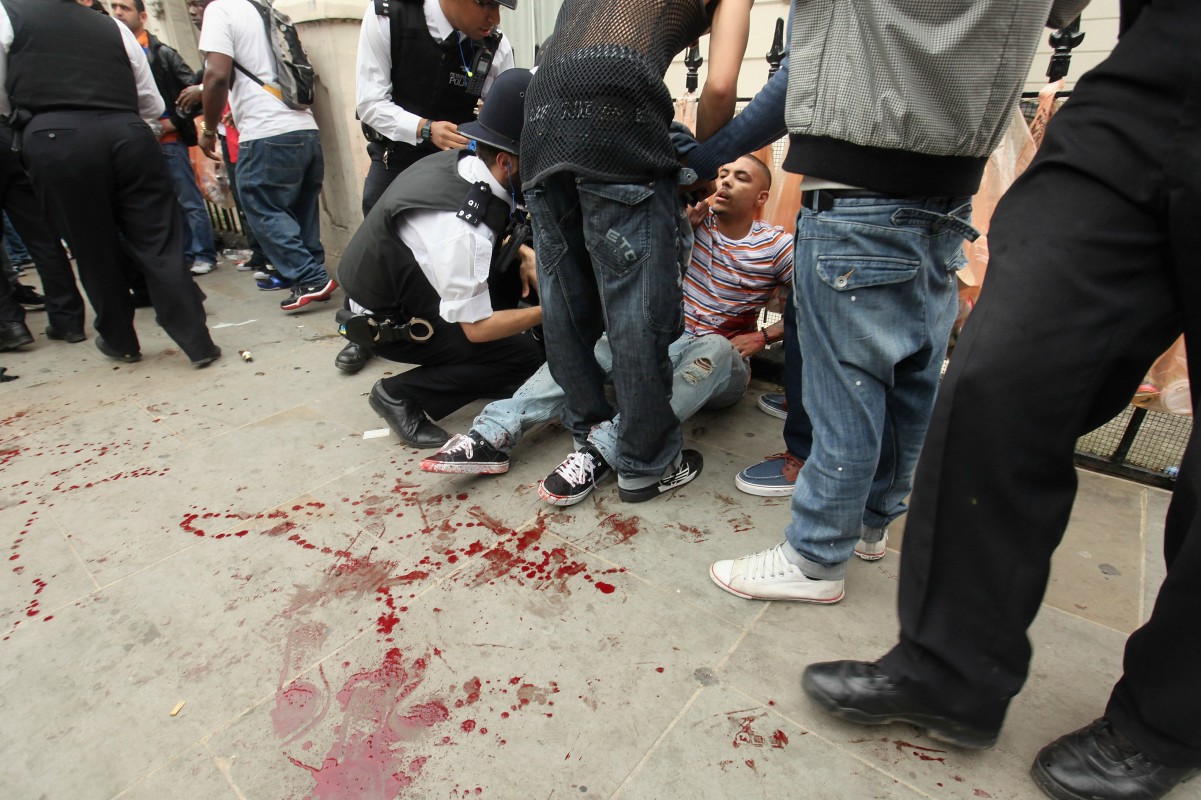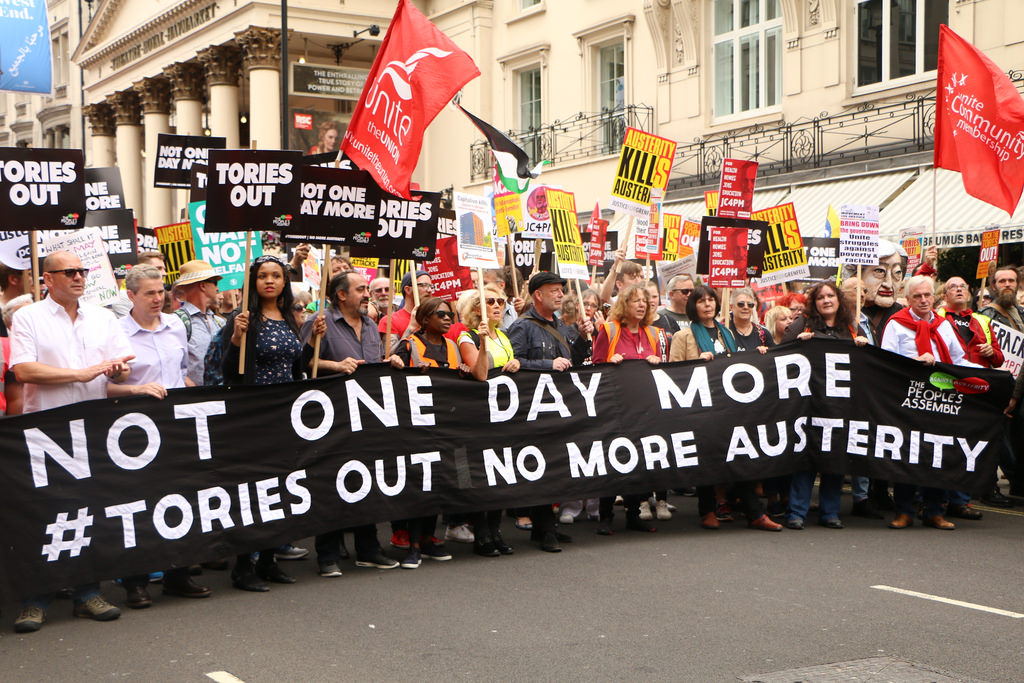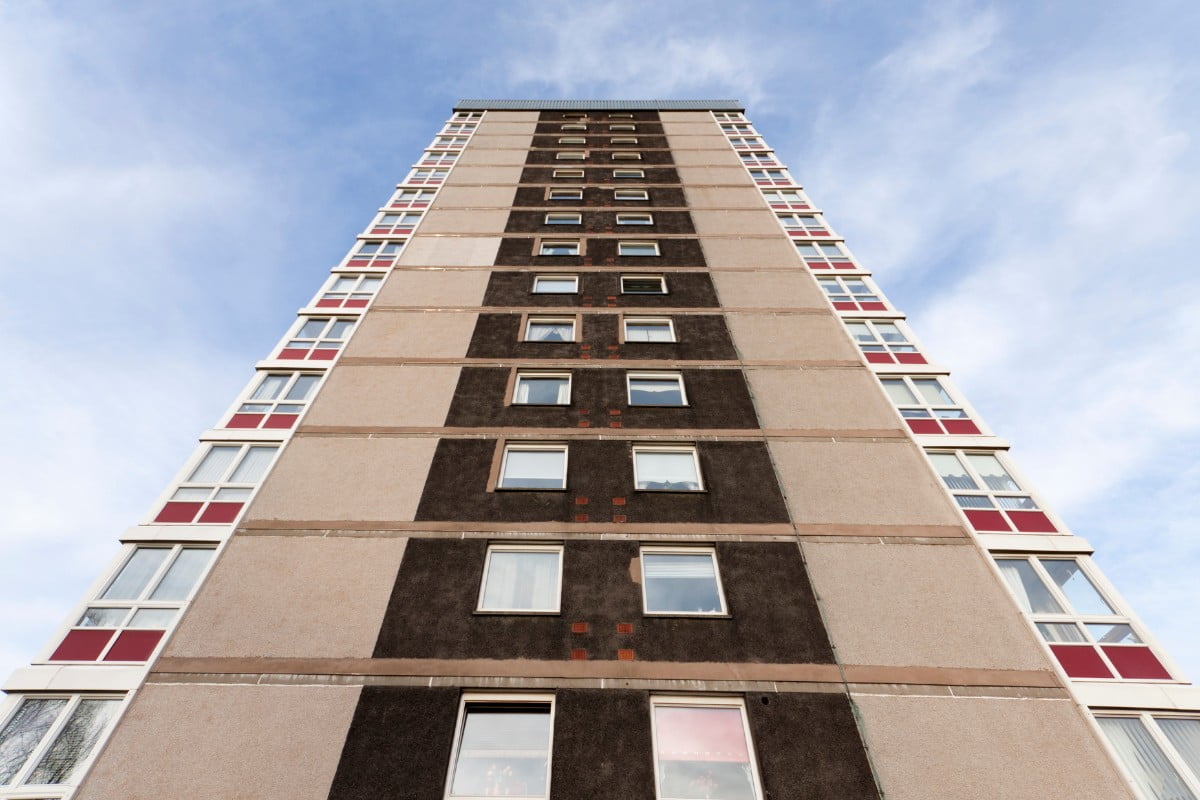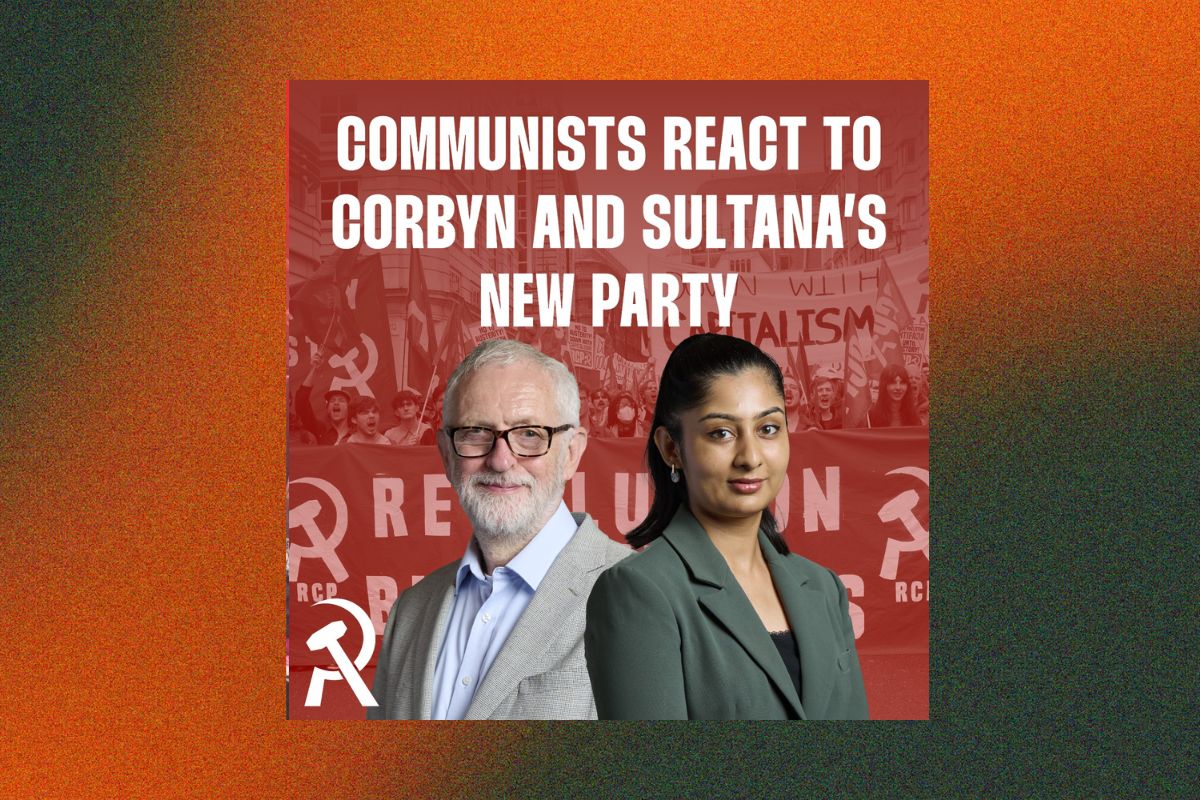Boris Johnson recently promised to fight knife crime by extending stop-and-search. The rise in crime is a consequence of a decade of austerity, which Johnson wholeheartedly supported, and will not be solved through band-aid solutions.
Boris Johnson, formerly known as Alexander Boris de Pfeffel Johnson (a name which highlights his descension from German royalty), supported every single austerity measure which has been implemented by the Tory government.
He consistently voted in favour of lowering household benefits; cuts to universal credit; and the bedroom tax. He voted – seven times – against paying fairer benefits to those with chronic illness and disabilities and 19 times (the most he’s ever voted for one cause) to cut welfare spending.
But now things seemed to have changed. Those causes – which seemed so dear to him throughout his career – have vanished, and been replaced with apparent plans to end austerity, and help the struggling, vulnerable and destitute people of the UK.
Education, the NHS and the public services are at the top of his agenda, he says.
It’s interesting that this U-turn has come about now, as he teases the country with the prospect of a general election.
Austerity – he and the latest Chancellor of the Exchequer, Sajid Javid, now say – wasn’t really necessary in the first place. The government made a mistake. The money has been available all along; and now Johnson’s going to use it to help rebuild the damage it’s reaped. Schools, hospitals, and the emergency services are all on the gift-list.
Knife crime
 Amongst the many pledges Johnson has made in the last few weeks, is a pledge to decrease knife crime in the UK. To do this, he has proposed an extension to Section 60, the Stop-and-Search policy. This, he claims, has brought “the murder rate way, way down”.
Amongst the many pledges Johnson has made in the last few weeks, is a pledge to decrease knife crime in the UK. To do this, he has proposed an extension to Section 60, the Stop-and-Search policy. This, he claims, has brought “the murder rate way, way down”.
This claim seems to have been plucked from thin air, much like Johnson’s new-found sense of morality. According to findings from the University of Oxford’s criminology department, claims that Stop-and-Search controls or deters crime are “misplaced”. The Home Office’s own analysis even states that “no discernible crime-reducing effects” have ever been found to be linked to the practice.
What there is evidence for, however, is a clear link between Stop-and-Search and racial and social profiling. Young, working-class, black men are overwhelmingly impacted by the practice, and were 9.5 times more likely to be targeted in 2018. This figure has more than doubled in the last three years, marking an upward trend.
Austerity
 Knife crime has also increased over the last decade – something which Johnson cites as his motivation for extending Section 60. The spike in youth knife crime and violence mirrors the implementation of Tory austerity measures.
Knife crime has also increased over the last decade – something which Johnson cites as his motivation for extending Section 60. The spike in youth knife crime and violence mirrors the implementation of Tory austerity measures.
Since 2011, the total number of knife offences in England and Wales have risen from 30,000 to 44,000. The austerity programme was introduced in 2010 by David Cameron and Nick Clegg’s coalition government.
Since the Conservative government has been in power, public spending has been slashed; welfare spending has been cut; local governments have been forced into bankruptcy; food banks have become a norm; and 1.5 million adults and children have been pushed into destitution.
The hopeless situation that thousands of young people have been put in – with prospects for poorer children getting a well-paid job, finding affordable housing and creating a comfortable life for themselves disappearing rapidly as the result of the ongoing cuts – is drawing those most in need towards violent and criminal behaviour. Tory cuts, and the resulting widespread poverty, have created the knife crime epidemic.
Boris out, Corbyn in!
 Johnson’s approach, to give police more power and flexibility when it comes to deciding who may or may not be carrying a weapon, is a reactionary band-aid solution to an issue he voted to create.
Johnson’s approach, to give police more power and flexibility when it comes to deciding who may or may not be carrying a weapon, is a reactionary band-aid solution to an issue he voted to create.
All this measure will do is increase the police forces’ use of discriminatory procedures, and encourage them to profile individuals based on their class and ethnic background.
If a government wants to tackle and resolve crime, it must look deeper than quick-fix solutions. Austerity measures have caused young people in the poorest communities to be pushed even further into poverty and destitution. Crime is a natural by-product of that.
A socialist government would not persecute the poorest layers of society to ‘solve’ crime, but would instead direct society’s resources in order to abolish poverty, inequality and alienation.
Boris Johnson’s insincere promises do not even come close to achieving this. They are merely announced to win him the next election. For the sake of the working class of all backgrounds, we must kick him out.
Luna Williams is a Labour member and socialist. She is also political correspondent at the Immigration Advice Service, an organisation of immigration lawyers which offers Legal Aid support.






